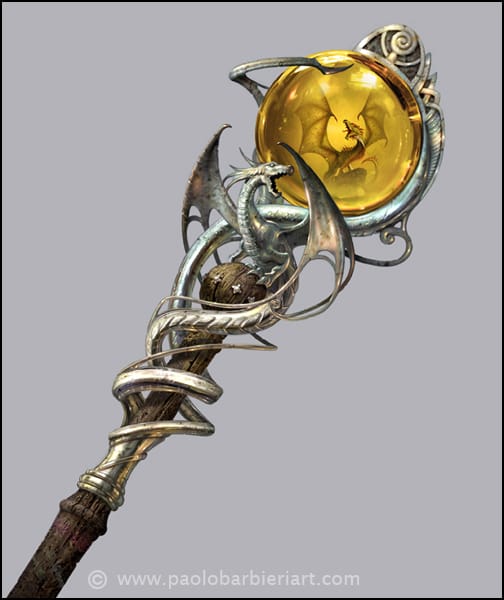Now that isekai has firmly established itself as a subgenre in western storytelling (although it has always been there in some form), it got me thinking about what to call the subgenres of isekai itself.
If isekai itself is being transported to another world/universe, and reverse isekai is someone from another world being transported to ours… Then what do we call someone from another world being transported to another other wold? Or someone from our world being transported to another time in our world? Do these have names already?
Setting aside if we like or appreciate isekai, if they don’t have genres names yet I thought it’d be funny to come up with our own. What do you think we should call all the sub-subgenres?
Aren’t they all called “Portal fantasy” when talking about western literature?
Hmmm, I’ve only ever heard it referred to as isekai in recent times, but it could be that I’m in a bubble or the videos I watch are trying to make a point/joke.
The impression I got was that “isekai” had more or less taken over as the name of the genre, even in the west. Especially in YA literature like lit-RPGs.
lit-RPGs have grown from eastern web novels / light novels (AFAIK), so taking terminology from there is quite common.
In general literature, I haven’t heard the term used often.
The first is just multiverse fantasy and not an isekai amd the second is a time travel story that has its own subgenres like “Connecticut yankee in king Arthur’s court” and are not isekai either. You’re over broadening a term and loosing it’s meaning.
I think you’re being way too serious about my silly post.
what is the definition of isekai? Isn’t it just any story where the character was involuntarily transported to another world (does it even need to be involuntary)? I kind of feel like a significantly different time period is functionally another world (if the plot doesn’t involve changing the timeline).
Well now, I’m not offended or anything, you asked a question and I’m answering it with my opinion. That’s just it, where do we draw the line? What about travel books? On the origin of species was written on the other side of the world in a time where that kind of travel was crazy dangerous. is that an isekai? What about Woman marrying against her will and going to another city far enough away she know no one or anything and especially not the local customers? What about Rabbit the great and powerful? He travels from one kingdom rules by necromancers to a world where magic itself is different. is that enough travel? Your question is valid. The answer is no, not because you asked a bad question but because the more you stretch the definition the less it means anything. Pride and prejudice isn’t an isekai. If you broaden isekai to cover it than you just made it into the word: Book.
Hmmm… You raise a good point, but you also raise the question about the validity of “portal fantasy” - eg where do you draw the line?
On a gut feeling I kind of agree about time travel to times where humans exist, and maybe time travel in general. But setting aside time travel, what is difference between traveling to another city, another planet, another galaxy, another universe, and another reality? It’s just a different scale of difficulty returning, right?

